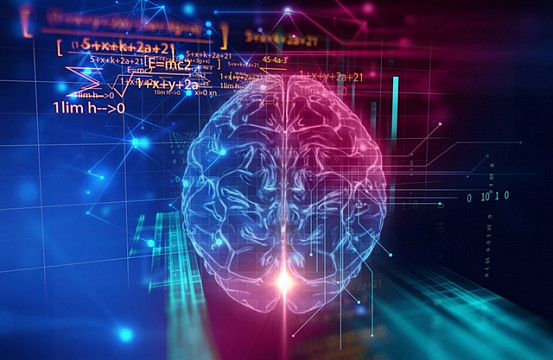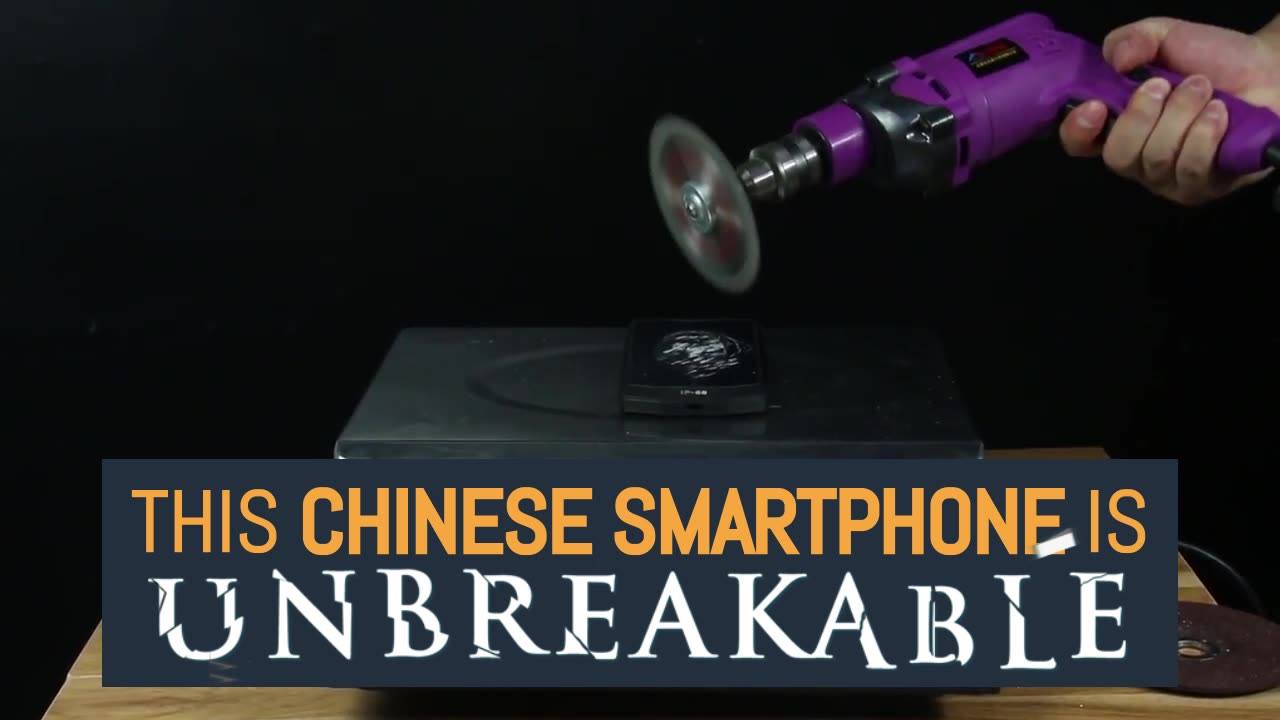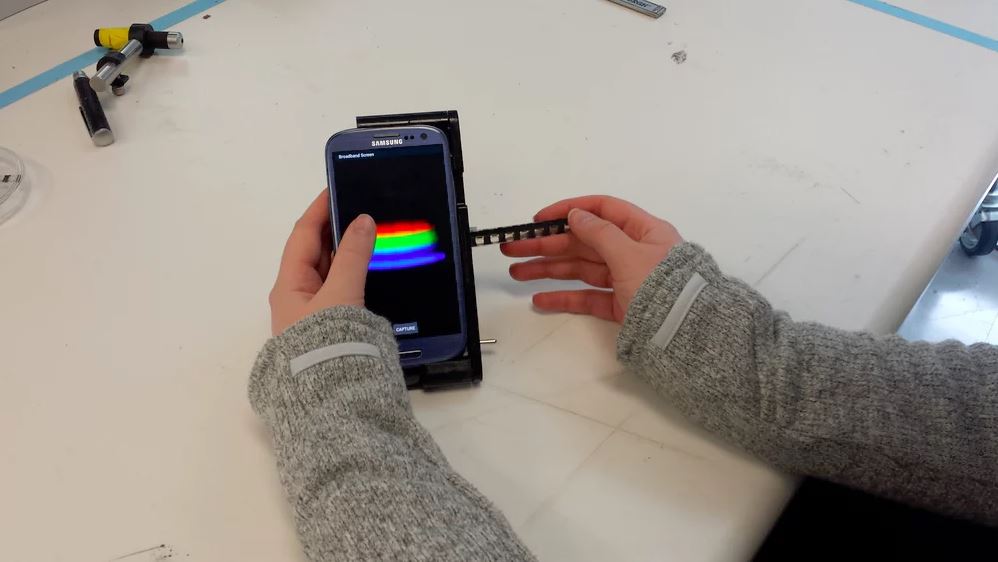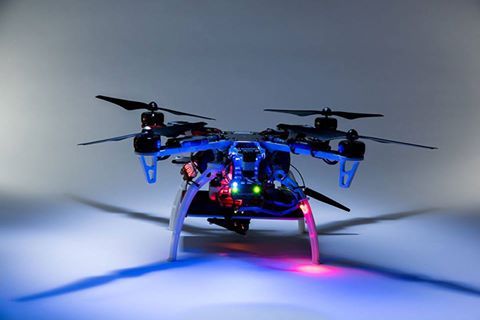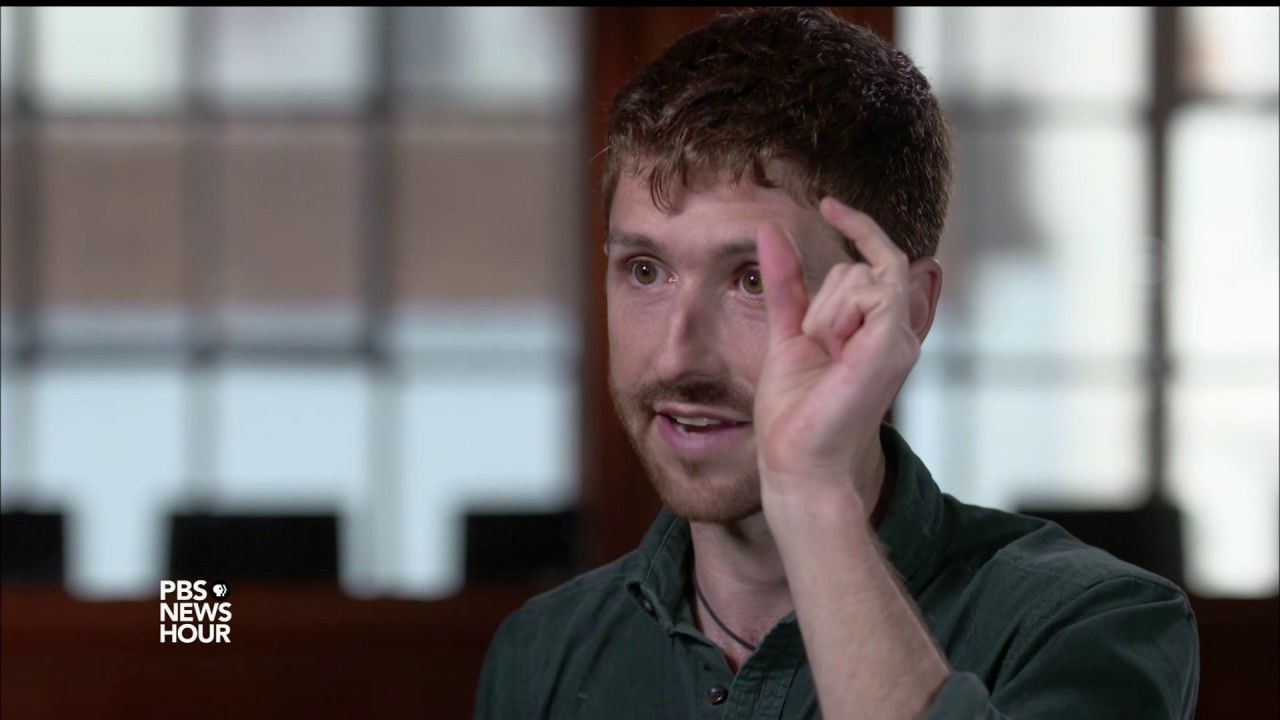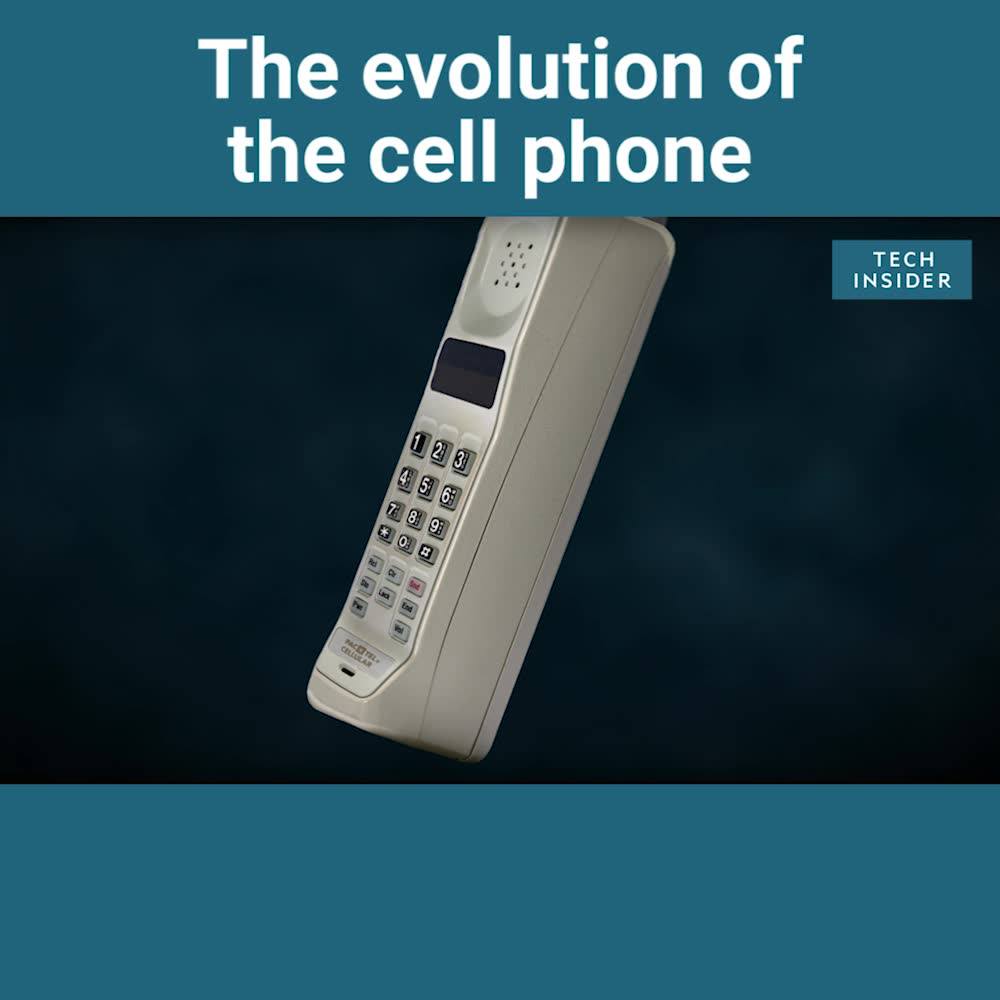From smartphones to supercomputers, the growing need for smaller and more energy efficient devices has made higher density data storage one of the most important technological quests.
Now scientists at the University of Manchester have proved that storing data with a class of molecules known as single-molecule magnets is more feasible than previously thought.
The research, led by Dr David Mills and Dr Nicholas Chilton, from the School of Chemistry, is being published in Nature. It shows that magnetic hysteresis, a memory effect that is a prerequisite of any data storage, is possible in individual molecules at −213 °C. This is tantalisingly close to the temperature of liquid nitrogen (−196 °C).

